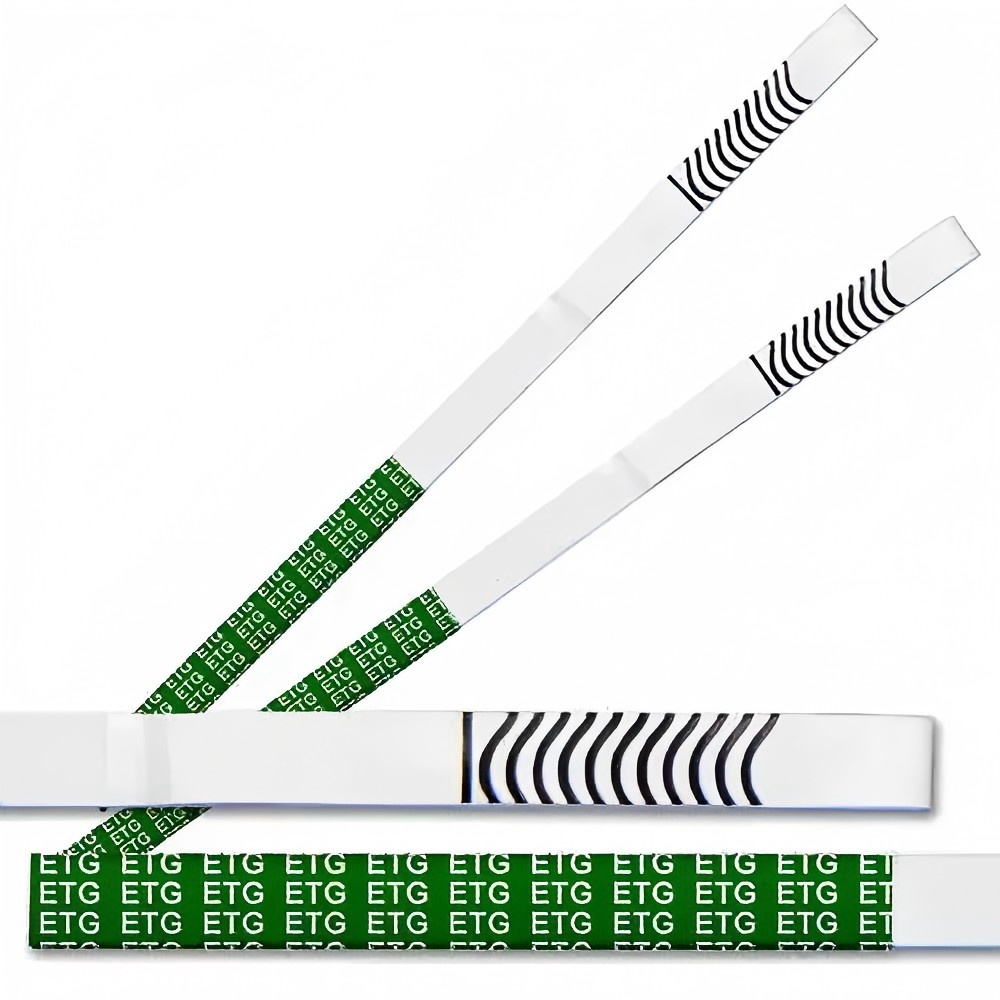Introduction to Workplace Drug Testing
Workplace drug testing has become a critical component in the corporate world to ensure safety, productivity, and compliance. The process involves screening employees for illegal substances and certain prescription medications that might affect workplace performance. The use of such tests has grown as companies seek to maintain safe working environments and adhere to regulatory requirements.
Drug testing is essential to assessing the risks associated with drug use among employees. By understanding which drugs are commonly tested for, organizations can better tailor their policies and procedures.
Urine as the Predominant Test Sample
The Urine Drug Test Process
Urine tests are the most commonly used method in workplace drug testing. They are favored due to their cost-effectiveness, ease of collection, and the broad range of substances they can detect. During the test, an individual's urine sample is collected and analyzed for signs of drug metabolites, which are the byproducts of drugs after they have been processed by the body.
Advantages of Urine Testing
Urine testing is non-invasive and can detect drugs that have been used within a short period before testing. It provides a reliable method for identifying recent drug use, making it popular among wholesale, manufacturer, and factory settings where safety and productivity are paramount.
Alcohol and Tobacco Testing in Workplaces
Detecting Alcohol Use
Alcohol testing is an integral part of workplace drug testing, especially in industries where safety is crucial. Breath, blood, and urine tests can measure alcohol presence, but urine tests are more common due to their simplicity. Manufacturers and factories often require such tests to manage productivity and reduce the risk of accidents.
Tobacco Use and Its Implications
While not illegal, tobacco use is often monitored due to its health implications and impact on productivity. Testing for nicotine, the main component of tobacco, can help companies create a healthier workplace environment. Tobacco testing is crucial for insurance assessments, especially when dealing with wholesale products requiring strict health guidelines.
Screening for Marijuana Use
Prevalence of Marijuana Testing
Marijuana remains one of the most commonly tested drugs, despite its legalization in some regions. The psychoactive compound THC can impair judgment and motor skills, making its detection crucial in high-risk environments such as factories and manufacturing plants.
Challenges in Marijuana Testing
One challenge in testing for marijuana is the potential for THC to remain in the body longer than other drugs, particularly in habitual users. This factor can complicate results, as a positive test may not necessarily indicate recent use but rather an accumulation of past consumption.
Cocaine Detection in Employee Drug Tests
Why Cocaine is Tested
Cocaine is a powerful stimulant and its presence in the workplace can lead to severe safety risks and productivity losses. It is detected commonly due to its potential to cause erratic behavior, increased energy, and subsequent crash or depression.
Methods of Detection
Urine tests can detect cocaine usage for up to four days after consumption. Given the high stakes in wholesale and manufacturing operations, routine testing helps in maintaining discipline and preventing potential workplace hazards.
Amphetamines and Workplace Productivity
The Impact of Amphetamines
Amphetamines, including prescription drugs like Adderall, are stimulants that can significantly alter an individual's mood and cognitive functions. In a factory or manufacturing environment, their misuse can lead to severe safety concerns.
Screening Protocols
Testing for amphetamines helps identify misuse and prevent associated risks such as increased heart rate, anxiety, and aggression. These substances, while sometimes prescribed for medical conditions, pose a risk when used without supervision or in high doses.
Opioids: Prescription and Illicit Use
The Dual Nature of Opioids
Opioids, both prescription and illicit, are a significant focus in workplace drug testing due to the ongoing opioid crisis. Misuse of opioids, including drugs like oxycodone and heroin, can lead to drowsiness, impaired judgment, and increased accident risk in environments requiring precision and safety.
Testing for Opioids
Opioid tests are vital in ensuring a safe workspace, especially in settings like manufacturing and wholesale businesses where machinery operation demands alertness and coordination. Detecting these substances helps maintain safety standards and reduce liability.
Phencyclidine (PCP) and Its Workplace Implications
The Risks of PCP
Phencyclidine (PCP) is known for its severe psychological effects, which can include hallucinations, aggressive behavior, and lack of motor control. Such effects pose significant risks in any work environment, but especially where machinery or critical thinking is involved.
Detection and Prevention
Regular drug screening for PCP in factories and manufacturing plants is crucial. It helps in preventing workplace incidents that could arise from impaired judgment or heightened aggression, ensuring a safer environment for all employees.
Challenges of False Positives and Confirmatory Testing
Understanding False Positives
False positives can occur when a test mistakenly identifies a drug presence. This can happen due to cross-reactivity with other substances, such as certain medications or foods. Such occurrences can lead to unnecessary disciplinary actions or damage to employee trust.
Importance of Confirmatory Testing
To address false positives, confirmatory tests, such as gas chromatography-mass spectrometry (GC-MS), are used to verify initial results. These tests are more precise, helping to ensure accuracy and fairness in the drug testing process.
Legal and Ethical Considerations in Drug Testing
Understanding Legal Parameters
Workplace drug testing is governed by a variety of laws and regulations that vary by region. Employers must navigate these legalities carefully, balancing the need for a drug-free workplace with employee rights.
Ethical Implications
Ethically, it is crucial to respect employee privacy and ensure that testing is conducted fairly and transparently. Companies, including wholesalers and manufacturers, must establish clear policies and communicate them effectively to all employees.
Hysen Provide Solutions
Hysen offers comprehensive drug testing solutions tailored for wholesale, manufacturer, and factory settings. Our services include state-of-the-art testing facilities, expert consultations, and compliance support to help businesses maintain a safe and productive workplace. By prioritizing accuracy and confidentiality, Hysen ensures that your organization remains compliant with all legal standards while fostering a culture of safety and responsibility.

Post time: Jul-25-2025
















